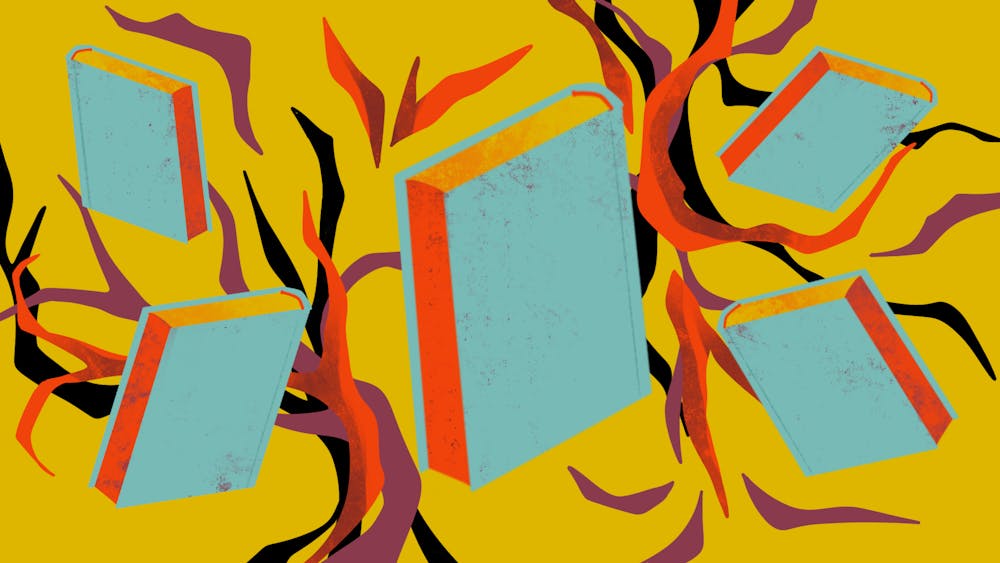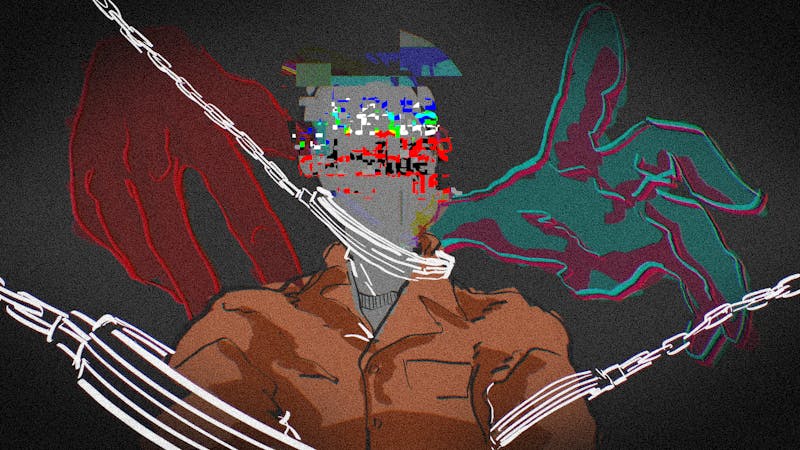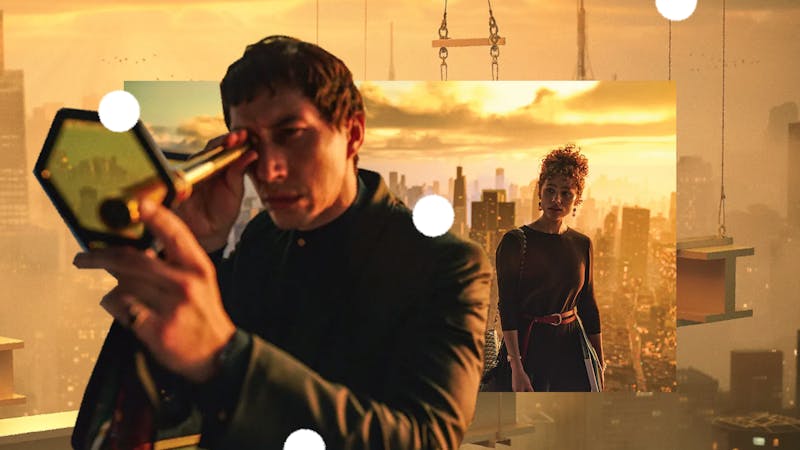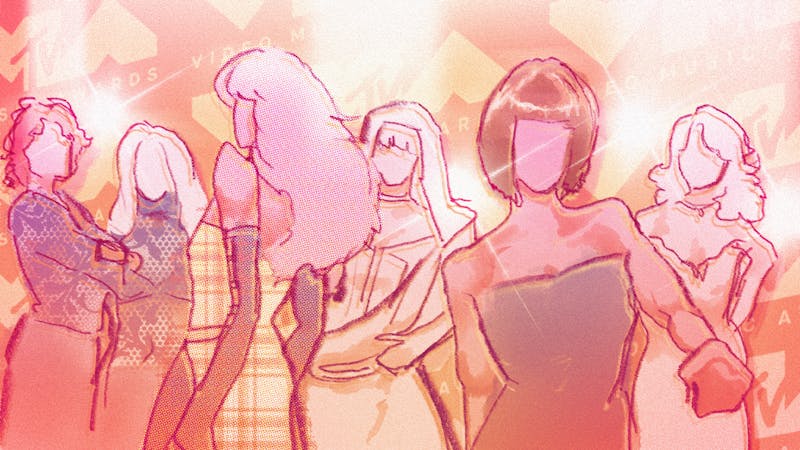Dystopian novels captivated us in the 2010s. Books like Divergent, The Maze Runner, and, of course, The Hunger Games, seemed to whisper warnings about the state of our world. There’s a reason why this genre resonates. Dystopian stories aren’t just about bleak futures—they eerily predict and amplify our anxieties about the world to come. As issues in our society shift and intensify, these narratives grow too, evolving to reflect the fears of each new generation.
Let me offer a new Hunger Games, one that hits terrifyingly close–to–home, in which the incarceration system is turned into a gladiator–style bloodbath for our entertainment. Chain–Gang All–Stars is the 2023 debut novel by Nana Kwame Adjei–Brenyah, where prisoner death is merely part of a corporate–run, reality TV spectacle. These brutal contests are not only entertainment, but also a deeply exploitative system that commodifies human suffering for public consumption. Through its provocative exploration of systemic violence, justice, and mass incarceration, Adjei–Brenyah delivers a sharp critique of American society’s obsession with entertainment and punishment. He offers a dystopia that doesn’t leave space for misinterpretation—the world is heading towards ruin, and we’re complicit.
In Chain–Gang All–Stars, the prisoners are our spectacle. We are invited to survey their deepest emotions and contemplate their crimes as if they’re characters in a story. The narrative grips us because these prisoners aren’t necessarily “good” people: They’ve robbed, they’ve murdered, they’ve committed heinous acts. And yet, the ease with which the audience dismisses their humanity is revealing. How quickly do we lose empathy for those we deem morally grey, reducing them to something less than human? Consider the world’s fascination with the Menendez brothers: two men who committed an unspeakable act, yet have become subjects of endless documentaries, interviews, and online fan accounts. Our obsession with their story speaks to our hunger for narratives that allow us to both judge our peers and consume excessively, blurring the line between empathy and spectacle.
The book also overtly layers complex veneers of identity—race and gender—that The Hunger Games didn’t. Chain–Gang All–Stars’ main character Loretta Thurwar’s experience as a Black woman subjected to systemic brutality is deeply significant. It mirrors real world statistics as well—Black women are incarcerated at almost twice the rate of white women in the United States, and they often face harsher conditions and fewer resources within the prison system. In Philadelphia specifically, nearly 70% of the prison population is Black, despite Black people making up less than half of the city’s total population. West Philly in particular has been heavily affected, with high rates of arrest and incarceration stemming from systemic issues like poverty, underfunded schools, and limited job opportunities.
Much like in Chain–Gang All–Stars, where the prisoners are reduced to spectacles for entertainment, people from West Philly caught in the cycle of incarceration are often dehumanized, and their personal histories and struggles erased from public consciousness. Instead of addressing the root causes—for instance, the area’s 24% poverty rate—society is quick to criminalize these individuals, further perpetuating cycles of disenfranchisement and systemic neglect. We can’t ignore what Adjei–Brenyah is trying to tell us, especially when it’s just a few blocks away.
In Michel Foucault’s Discipline and Punish, Foucault describes how, historically, public executions and torture served as theatrical demonstrations of sovereign power. These events were designed not only to punish the offender but also to reinforce societal norms and the state's dominance through communal observation of suffering. Over time, such overt spectacles have diminished, giving way to more concealed forms of discipline. Although it may seem innocent, we are deeply entertained by brutal justice. In the Depp vs. Heard trial, for example, the media became keen on the public flagellation of Amber Heard, obscuring the details of the trial to fit a single narrative. We are slow to remember that it’s trial, not TV, and that’s what makes this brutal battle royale dystopia inch closer to our reality.
In the end, Chain–Gang All–Stars isn’t just a story—it’s a mirror, a call to acknowledge our role in systems of exploitation and entertainment that thrive on dehumanization. The prison–industrial complex and its racial disparities aren’t just themes; they’re a reality for places like West Philly, where cycles of poverty and incarceration are lived experiences. Adjei–Brenyah pulls no punches, reminding us that the line between dystopian fiction and our world is thin. If we’re still watching, still entertained, then we’re part of the problem—and it’s time to stop pretending otherwise.






